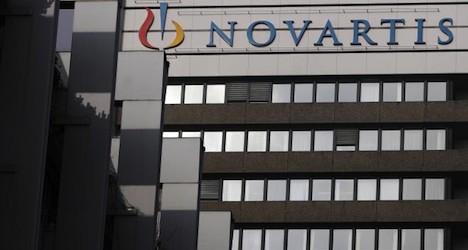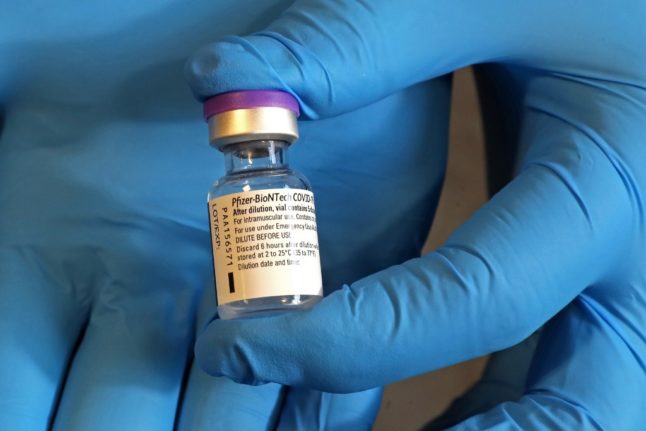Excluding asset sales net profits at the world's largest pharmaceutical company by sales fell by five percent to $12 billion, missing expectations of analysts polled by the Swiss financial news agency AWP of an average of $12.1 billion.
Last year, the company finalized a series of transactions with GlaxoSmithKline, Eli Lily and CSL to offload its vaccine, animal health and consumer health products businesses.
Net sales also slid five percent to $49.4 billion but when currency changes were stripped out that represents a five percent gain, the company said.
Currency swings had a minus ten percent effect on sales and a minus 15 percent effect on core operating income last year, it added.
“In 2015, we completed our portfolio transformation, delivered solid financial results and improved core margin despite a very strong currency impact,” chief executive Joseph Jimenez said in a statement.
Core operating income margin climbed 1.3 percentage points in constant currency terms.
Central to Novartis's lacklustre performance were falling revenues at its eye-care unit Alcon, which the company acquired in 2010-11.
The company announced a series of measures on Wednesday aimed at restoring growth at Alcon, where revenue fell by 13 percent in the last quarter to $2.3 billion.
Alcon group CEO will leave the company on February 1st and will be replaced by Mike Ball, who previously headed the American group Hospira.
Also, Alcon's opthalmic medicines business is going to be folded into Novartis's larger pharmaceuticals unit.
Novartis said the move would “simplify” its opthalmic business and create a more dynamic operation by fusing Alcon's strong brand with the development and marketing infrastructure of the larger pharmaceuticals business.
“With the plan announced today, we intend to return the Alcon business to growth,” Jimenez further said.
Separately, Jimenez told Bloomberg TV that an era of sustained price rises for certain medical products in the United States was likely ending amid rising public resentment.
A more rigorous public debate in the US about the cost of drugs, as well as increased regulatory scrutiny, could create price pressure that would force the company to increasingly find savings across its operations.
“We have to exist no matter what the pricing environment is going to look like,” he told Bloomberg.
“Novartis is taking decisive action so that over the next few years we will be able to lower our cost base and still invest in R&D, which is really the lifeblood of this industry.”



 Please whitelist us to continue reading.
Please whitelist us to continue reading.
Member comments